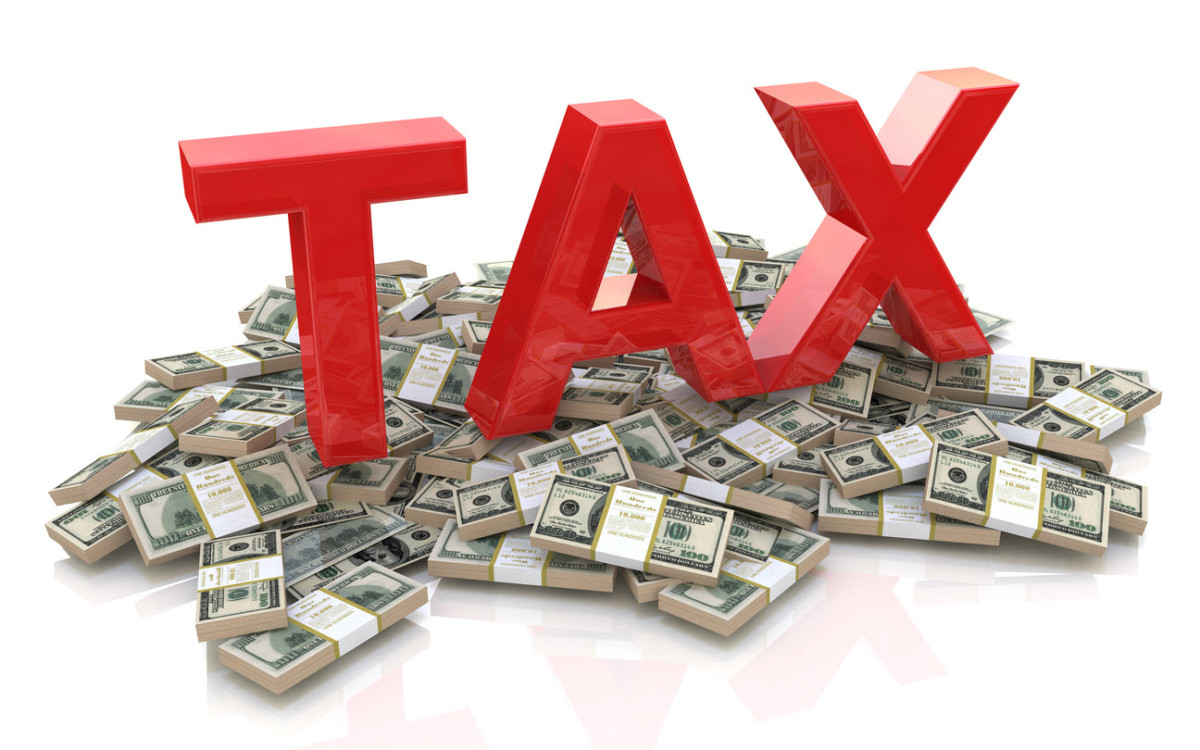
ADDIS ABABA- In recent years, the demand of car for local consumption, in Ethiopia, is increasing along with the increase in the number of middle income earners and the necessity of the device for the daily life of Ethiopians, according to Ethiopia Car Sales Data.
Currently various companies are engaged in importing used and new cars while many others have also established assembly lines eying the rich market potential for the product.
Yet the demand for car is low when compared to huge population of the country, according to the data. Urban residents complain on the high level of taxation on cars for the expensive price which is restricting the number of car owners.
Addisu Yirga, Communication Affairs Director at Customs Minister, told The Ethiopian Herald that the taxation imposed on both new and used cars is based on the cylinder capacity of the engine as per declaration 859/2014 by the Custom’s Authority. Accordingly, cars with high cylinder capacity will be taxed much money.
The news release by the Ethiopian Revenues and Customs Authority indicates that imported cars are subjected to five different types of taxes. The amount of taxation on commercial and private cars vary based on the engine installed for both used and new cars.
According to the press release, the duty paying value of the car is the total cost of the car. It is the summation of the cost of the car, insurance, and freight.The taxation ranges from 60 percent to 200 percent.
Addisu explained that the amount of tax levied on the cars vary based on the horsepower of their engine.Cars with high cylinder capacity are charged with high tax rate of upto 200 percent, he said.
The Director added that the Ministry applies Harmonized Commodity Description and Coding System’s declaration no. 67/1993 by World Customs Organization (WCO) when imposing tax on importers. Hence, it implements the document by the organization, according to him.
The director noted that some old cars are imported after changing their engine. And hence, ministry imposes the same tax based on the engine power for old too. According to the document by WCO, the tariff of the car is calculated as per the engine installed by the manufacturer.
The document from the Ministry represents that the cost of the cars after all taxes are added is nearly three times the retail price in its country of origin. For private cars the ministry collects anything between 60 to 200 percent for cars with bigger capacity after checking. However, for vehicles that are used for public transportation, the ministry collects much lower tax of 10 percent.
Tsion Ayele, Financial Officer at Afritrac Import Private Limited Company, told that their costumers’complaint is about the price of the car.They do not consider the quality of the product. They are price-sensitive because they do not afford to buy quality cars. This is mainly due to the taxation, according to her.
Tsion added that the price of automobiles is high in Ethiopia compared to other African countries. The price of their cars in Sudan and Djibouti is not as expensive as in Ethiopia. And it is mainly due to the taxation. And the tax levied on luxury cars is also very high, she added.
According to Addisu, the reason behind high taxation on luxury cars is to balance the number of cars with the road infrastructure in the country. For instance, there is high traffic jam and car accident with this little number of cars in Addis Ababa. Firstly, the government needs to invest on building better road infrastructure to solve this problem persistently, he said.
The Ethiopian Herald February 23/2011
BY GETAHUN LEGESSE





